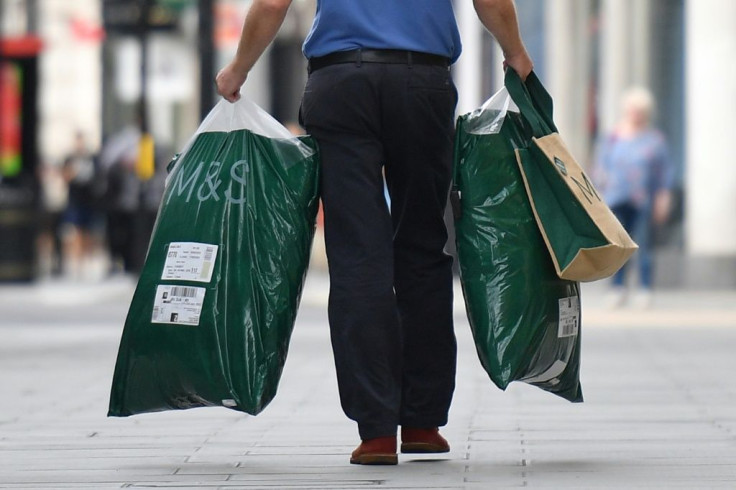Brexit Cripples Exporters: 'Week One Was Bad. Week Two Will Be Worse'
While news of the Brexit deal left U.K. exporters initially hopeful, a week of trying and often failing to navigate the new bureaucracy has thrown their futures into doubt. Food producers in Scotland are experiencing drops from transport companies and clients, which could prove fatal to some businesses.
“The pain of Brexit this week will be much less visual than many expect. It is unlikely to be the queues of lorries on motorways or on airport runways in Kent,” James Withers, chief executive of Scotland Food and Drink, told The Scotsman Sunday. "It will be the pain of what is not happening: canceled orders and E.U. customers starting to go elsewhere for their goods."
Red tape led many distribution companies to stop groupage transport, where exporters shipping less than a full truck of goods to combine their loads into one vehicle. Without mixed shipping, producers who can’t fill an entire trailer are left without options.
“Haulage firms won’t take their loads, bureaucratic/IT systems failing,” said Withers. "A multi-billion pound trade system is being tested for the first time, in real time. And it’s going wrong.”

It’s been especially punishing for fishing exporters, whose product is difficult to preserve. David Noble, whose company Aegirfish exports from Scotland to Europe, told Reuters he has to pay over $800 daily in bureaucratic fees if he wants his fish to get to market on time. That price eats away at most of his profits.
Technical and bureaucratic failures could rapidly lead to more lasting damage as clients find new suppliers. Many food producers in the U.K. were already struggling as restaurants closed their doors due to COVID-19 lockdowns.
“I genuinely fear that it could tip some businesses over the edge because they’re in an incredibly fragile position anyway,” Withers told The Independent.
If that comes to pass, the efforts made to at least partially avert a no-deal Brexit may have been for naught. Failure to implement a smooth transition saw the U.K. fall from first place in its global business location ranking in an analysis from Germany’s Foundation for Family Businesses, where it now trails the U.S.
Withers warned that unless action is taken to soften border controls, the situation will only continue to deteriorate.
"Brexit, week one was bad," he said. "Week two will be worse."
© Copyright IBTimes 2025. All rights reserved.





















